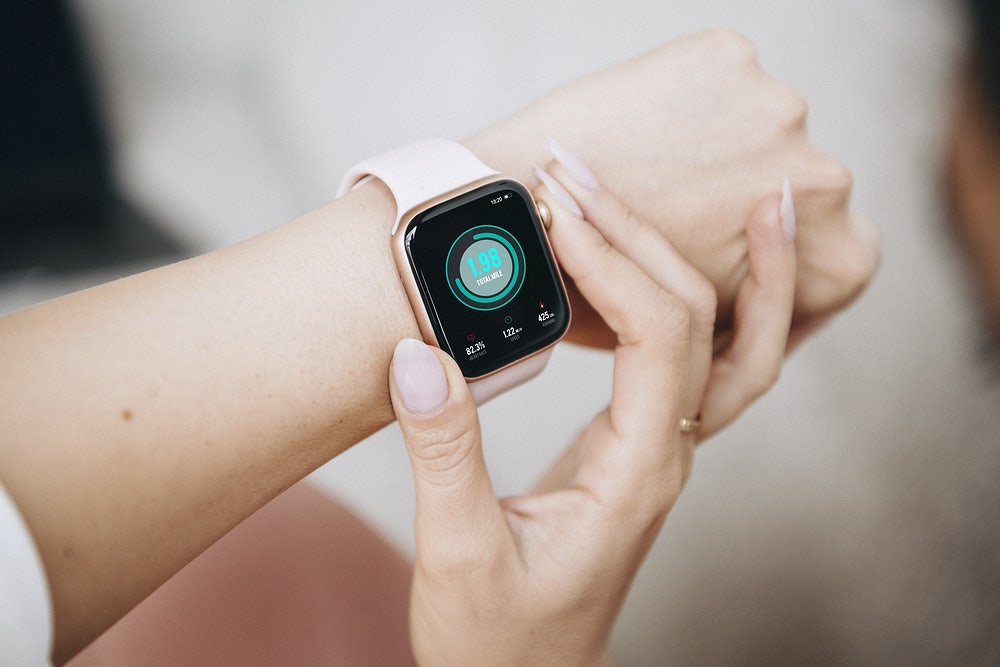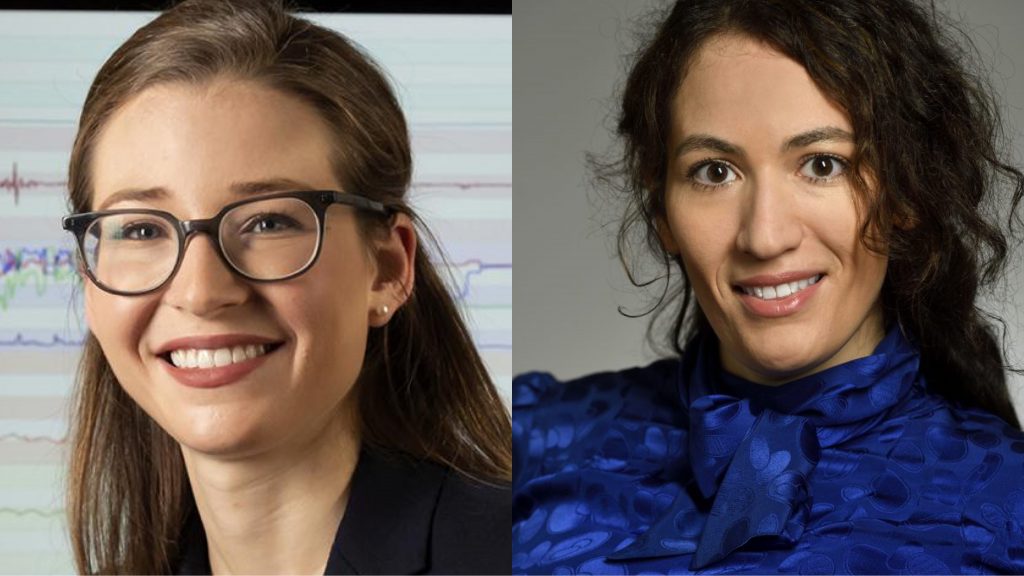TikTok’s illicit collection of user data recently drew fire from US officials. But TikTok’s base—largely young adults under 25—was unfazed. In viral videos posted in July and August, users expressed little concern about their digital privacy.
“If china wants to know how obsessed i am with hockey,” wrote one user, “then just let them its not a secret.” “#Takemydata,” captioned another, in a video racking up 6,000 likes and over 42,000 views.
As digital technologies become ever more pervasive – or even invasive – concerns for privacy should be a concern, a pair of experts said in a Duke Science & Society webinar earlier this month.
TikTok and digital marketing aside, data collection can have real, tangible benefits. Case in point: COVID-19. Researchers at Duke and elsewhere are using peoples’ fitness trackers and smart watches to try to understand and predict the pandemic’s spread by monitoring a variety of health metrics, producing real-time snapshots of heart rate, blood pressure, sleep quality, and more. Webinar speaker Jessilyn Dunn of Duke biomedical engineering and her team have tapped into this data for CovIdentify, a Duke-funded effort to predict COVID infections using data collected by smartphones and wearable devices.

For several years, Dunn’s lab has researched digital biomarkers of disease—that is, how health data collected by tech we carry every day can predict anything from heart disease to cognitive decline.
It’s a potential goldmine: One recent poll suggests that 40 million Americans own some kind of smartwatch or fitness tracker. And the wearables market is rapidly expanding—by 2022, it may be worth upwards of 25 billion dollars.
As coronavirus cases began to rise in the US, Dunn’s lab quickly pivoted to develop COVID-specific biomarkers. “We have these devices … that perform physiologic monitoring,” Dunn said, “This is a method of taking vitals continuously to try to monitor what’s going on with people.”
Say you’re a participant in Dr. Dunn’s study. You download the CovIdentify app, which analyzes health data collected by your phone or smartwatch. Short daily surveys then assess your exposure to COVID-19 and whether you’ve developed any symptoms. Dunn and her team hope to find a link, some specific change in vitals that corresponds to COVID-19 infection.
There are some challenges. CovIdentify must account for variability between devices—data collected from a Fitbit, for example, might differ dramatically from an Apple Watch. And because COVID-19 manifests in unique ways across populations, a truly universal biomarker may not exist.
However, panelist Marielle Gross—a bioethicist at the University of Pittsburgh—said projects like Dunn’s raise questions of digital privacy. Gross emphasized how easily our health data can be abused.

Right: Marielle Gross, MD, MBE, a bioethicist and professor at the University of Pittsburgh
“Digital specimen is the digital representation of the human body,” she said. “Disrespecting it disrespects the body it represents.”
Dr. Gross cited South Korea’s efforts to curb COVID-19 as a cautionary tale. As part of the government’s response, which quickly minimized cases early in the pandemic, exposed or infected South Koreans were expected to stay home and isolate, tracked using GPS-enabled devices.
But many South Koreans chose to leave their devices at home, rather than be tracked by their government. In response, the government required its citizens to carry their devices, 24/7. In a pandemic, desperate measures may be called for. But, Gross suggests, it isn’t hard to imagine a grimmer future—where the government requires all citizens to share their location, all the time.
Gross argues that we must fundamentally shift how we think about our personal data. “There’s this broad assumption that we have to give up privacy to reap the benefits of collective data.” Gross noted. “And that’s false.”
Most ‘digital natives’ aren’t naive. They’re well aware that internet companies collect, analyze, and sell their data, sometimes to malicious effect. But many view data collection as a necessary tradeoff for an intuitive and tailored web experience.
So where do we go from here? Dr. Gross points to new developments like zero knowledge proofs, which use complex algorithms to verify data without actually seeing it. This technique promises anonymity without compromising the value of collective data. And as computing power increases, it may also be possible to perform real-time analysis without ever transmitting or storing collected health data.
And for future tech? In Dr. Gross’s opinion, ethical implications must be considered from day one. “Those sorts of considerations are not the kind of thing that you can tack on later. They have to be built into devices…at the ground floor.”

Post by Jeremy Jacobs
